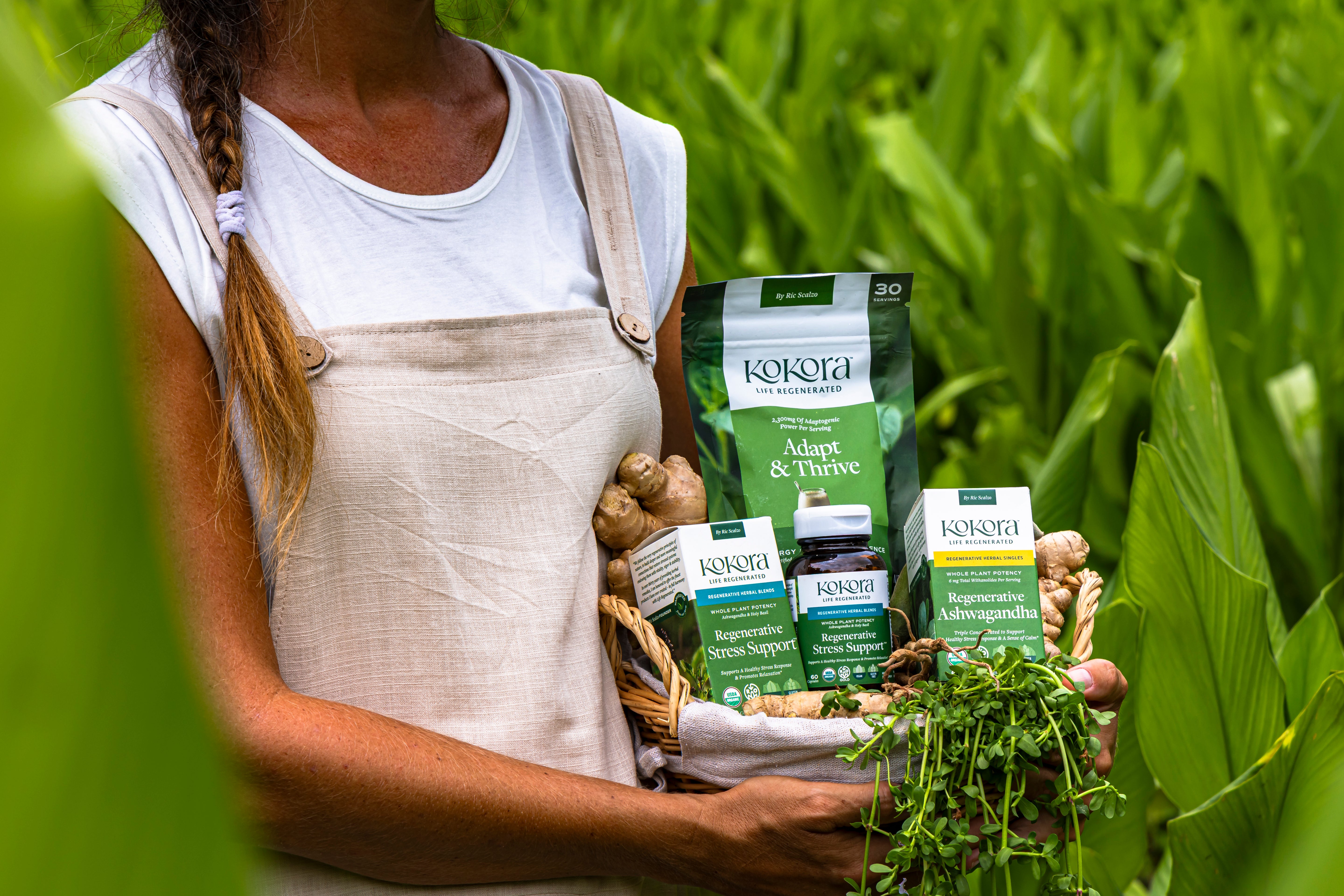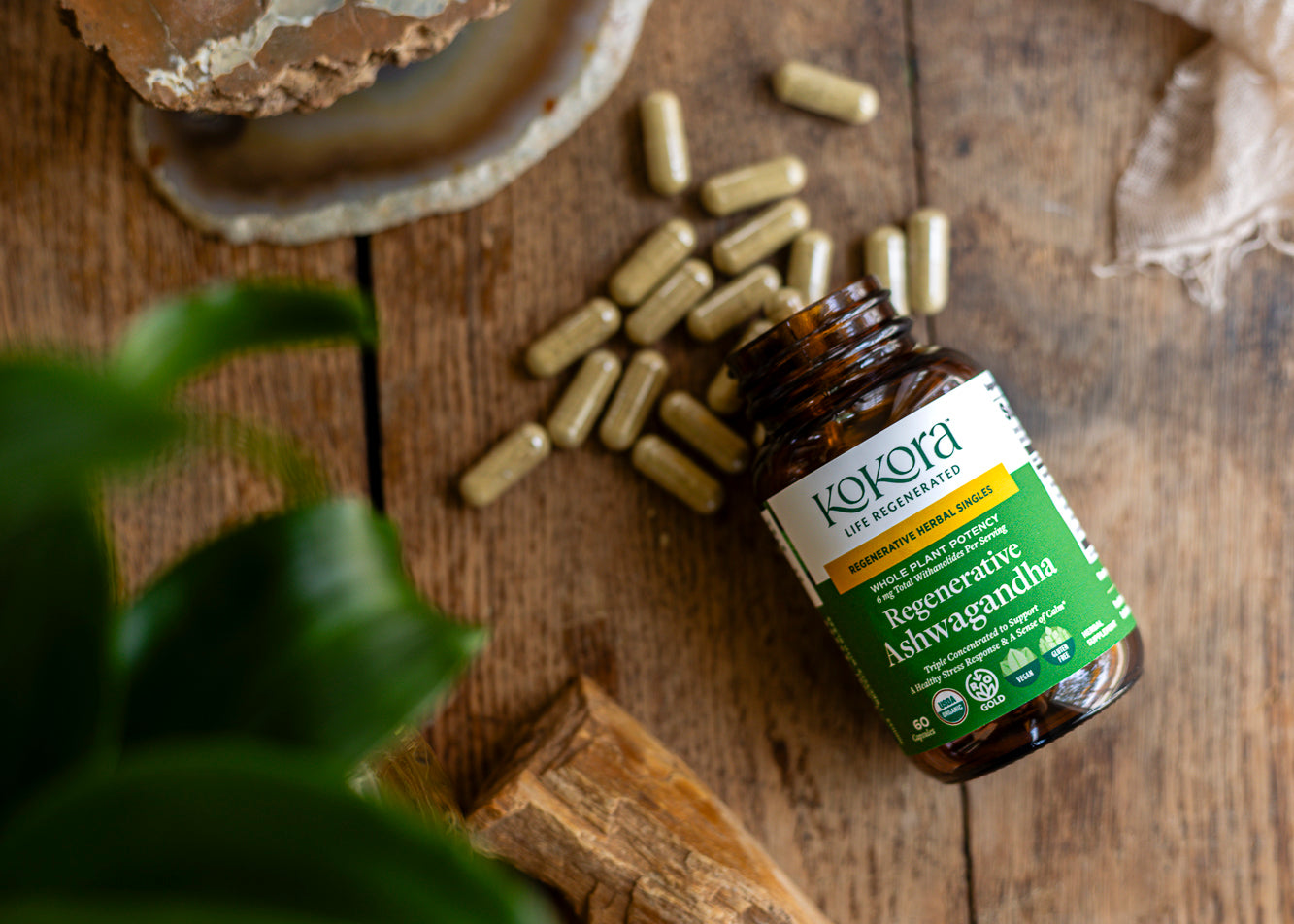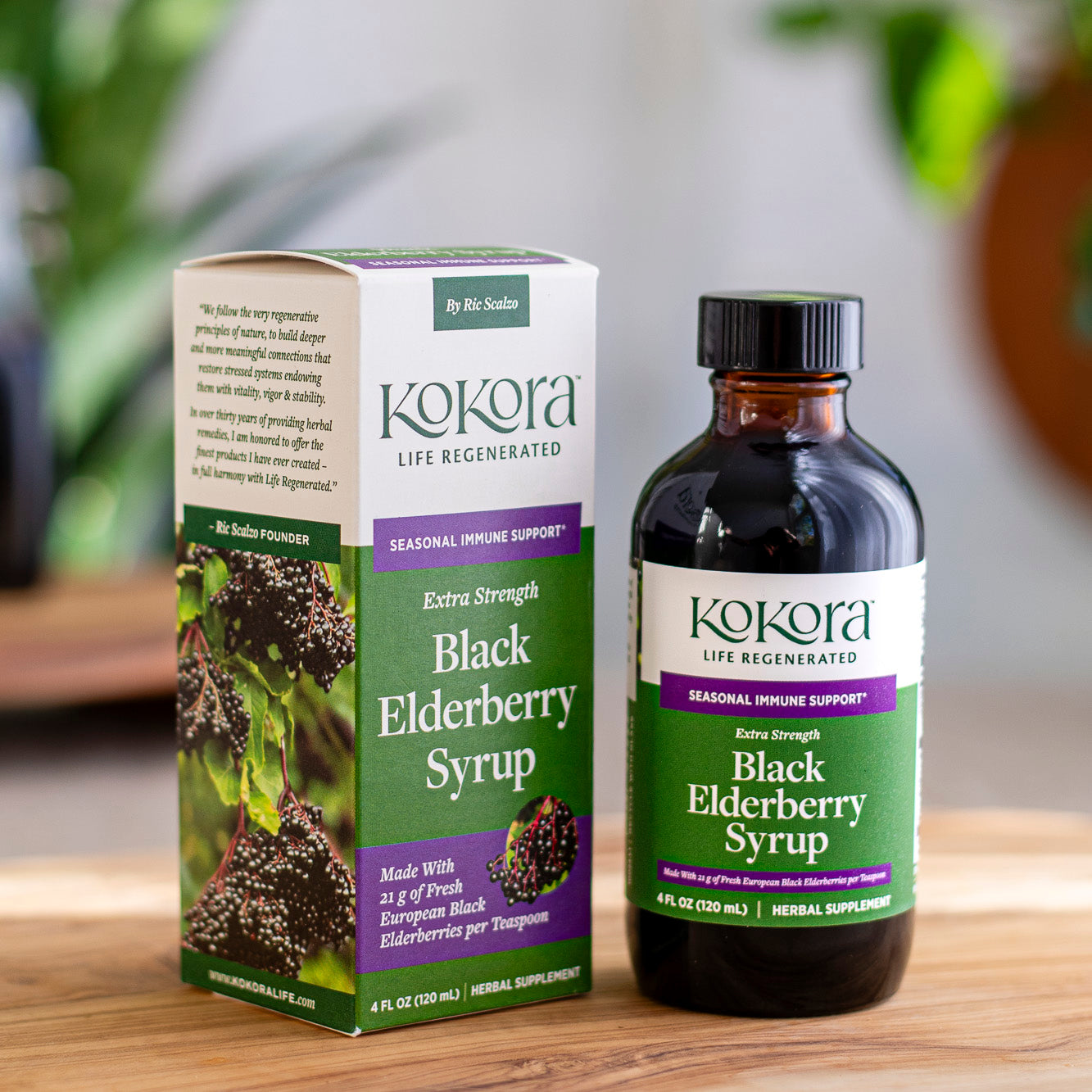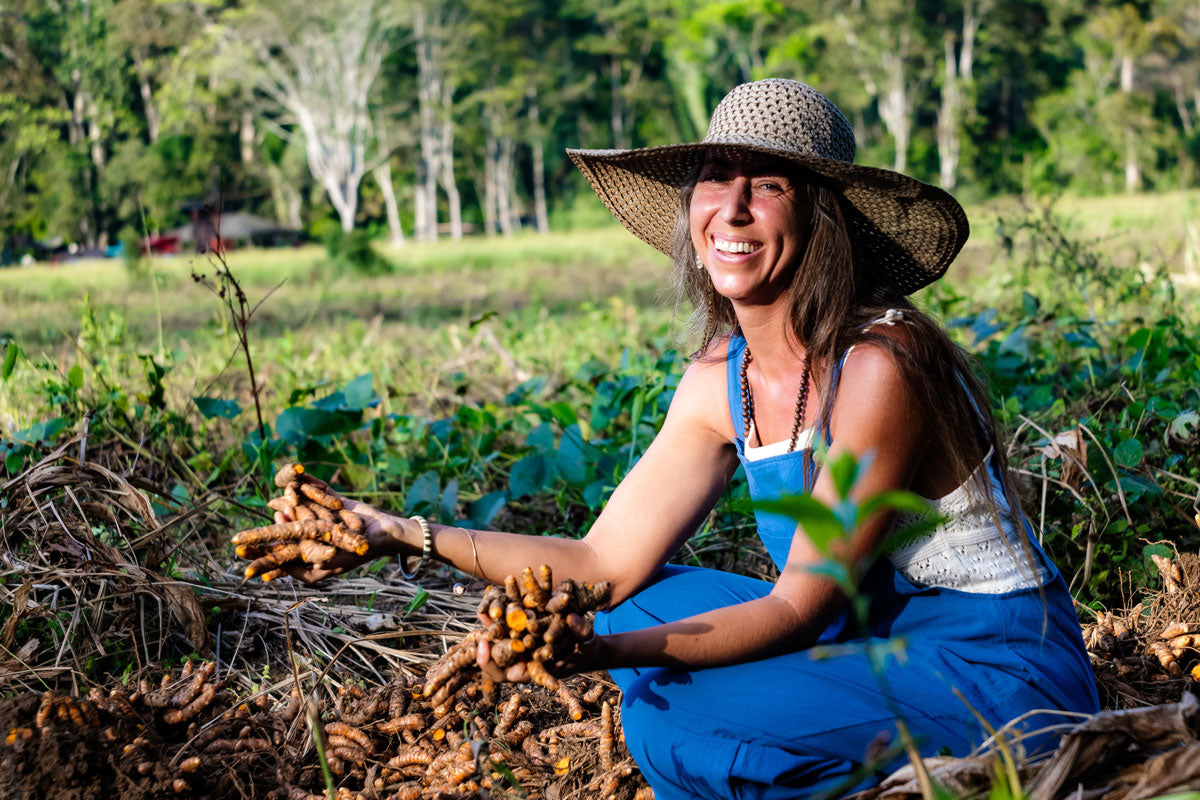"Longevity doesn't happen at 70, 80, or 90 – it develops after determining what we want to do with our lives at 25 or 30. This is when we should start the practice of longevity." - Ric Scalzo, founder of Kokora.
From the idyllic beaches of Nicoya, Costa Rica, to the charming cobblestone streets of Sardinia, Italy, and the serene rolling hills of Loma Linda, California, a remarkable trend has emerged: individuals living well into their 100s. This begs the question: what's the secret to living a long, healthy life?
Dan Butner, a National Geographic explorer, longevity researcher, author, and documentarian of the Netflix series, Live to 100: Secrets of the Blue Zones, set out to find these answers. His mission? To unravel the mysteries behind these Blue Zones, which we'll call "Regenerative Life" zones, and understand why their inhabitants aren't just living to 100, but are doing so with remarkable health and vitality.
What are Regenerative Life zones?
Here are the five locations around the world that represent a Regenerative Life:
- Ikaria, Greece
- Okinawa, Japan
- Sardinia, Italy
- Loma Linda, California
- Nicoya, Costa Rica
In these beautiful towns, the population of centenarians is astonishing. People live to age 100+ at a rate ten times greater than most of the United States.
What's truly remarkable is that these Regenerative Life zones are scattered across the globe, each with its unique diet and culture. Yet, they all share a few key principles that act as the cornerstone of living a good life.
At Kokora, we're fascinated to make connections, learn from their lifestyles, and meet these centenarians. In alignment with Dan Butner's findings, he affirms that these communities prioritize three essential aspects of life: nourishment, movement, and connection.

Principle 1: Nourishment
In these Regenerative Life zones, communities of elders don’t necessarily have an easy life, but they do have a nourishing one. Many grow gardens and their own food, hardly eat out at restaurants, and use very little plastic packaging because they make their food at home. They drink pure, local water and have a much lower stress load than the average modern person.
Overconsumption is also not a problem in these Regenerative Life zones, where people eat what’s available to them and what’s around them without adding artificial preservatives, excessive sugar, or processed ingredients.
Consuming a broad spectrum of fresh, diverse plants and herbs native to their region supports the microbiology in the gut, a prime cornerstone of nourishment. For example, in Okinawa, this looks like sweet purple potatoes; in Nicoya, it’s black beans and rice; and in Ikaria, it’s fresh fish plucked from the sea and wild greens from the garden. In Italy, Rosemary is a primary herb used daily in cooking, helping to support the health of local hearts with its circulatory properties.
When it comes to mind-body health, many of these centenarians report trying not to sweat the small stuff. This healthy stress response goes a long way toward their overall health and vitality.
The nourishing lifestyle these individuals follow perfectly aligns with the three fundamental principles of Traditional Chinese Medicine (TCM): rest, restore, and revitalize. By creating daily space for relaxation and nourishing their bodies with the food and plants around them, they follow the principles of TCM, which advocate for a balanced and holistic approach to health.

Principle 2: Movement
In many Regenerative Life zones, people don't necessarily hit the gym daily. Still, they move frequently due to their life circumstances, whether tending to their garden or walking to the market—they've incorporated what many think of as “inconveniences” into normal aspects of life.
One example is in Okinawa, where elders sit on cushions on the floor instead of chairs and couches. This builds flexibility, strength, muscle resiliency, and enhanced mobility over time.
Although not always fit and completely trim, many of these centenarians have a healthy glow and a sparkle in their eye that can be hard to find in our modern, stressed-out world.
Principle 3: Connection
In Okinawa, Japan, the centenarian community invests a lot of their time and energy into celebrating life: from playing music to gathering around a meal and celebrating together, these elders of wisdom know that you can eat healthy and exercise daily, but without having a real sense of connection, community, and joy in your life, you don't have much.
Centenarians in Italy also prioritize celebrating life. Family and friends come together, connect, and feel a part of something larger than themselves—a vital element in humans and animals when it comes to survival at the very least and happiness and joy at the very most.
In our modern-day world, living in an isolated manner is much more commonplace, and people are suffering from it: earlier death is evident, as well as a much higher risk for dementia, heart disease, and mental health issues.
In addition to connecting with each other, these centenarians connect to the land around them, their homes, and their deeper purpose in life. With this deep sense of purpose, they can feel like they are contributing to improving life in whatever way they can, no matter how small.

Living a meaningful life, especially in older age, is not just about personal fulfillment. It's about embracing a more profound purpose that extends beyond oneself. This includes a willingness to help the younger generation and to contribute to their growth. When younger individuals reach their 30s, they should start to feel clearer about their path in life. This clarity often comes from respecting and learning from elders willing to share their knowledge. It's a reciprocal relationship where both parties benefit, and the main focal points of purpose remain.
Are you intrigued by this story? Stay tuned for many more posts about these Regenerative Life zones, where our Founder, Ric, will document his travels worldwide as he connects and learns from these beautiful communities.
*For educational purposes only. This information has not been evaluated by the Food and Drug Administration. This information is not intended to diagnose, treat, cure, or prevent any disease.
Read more
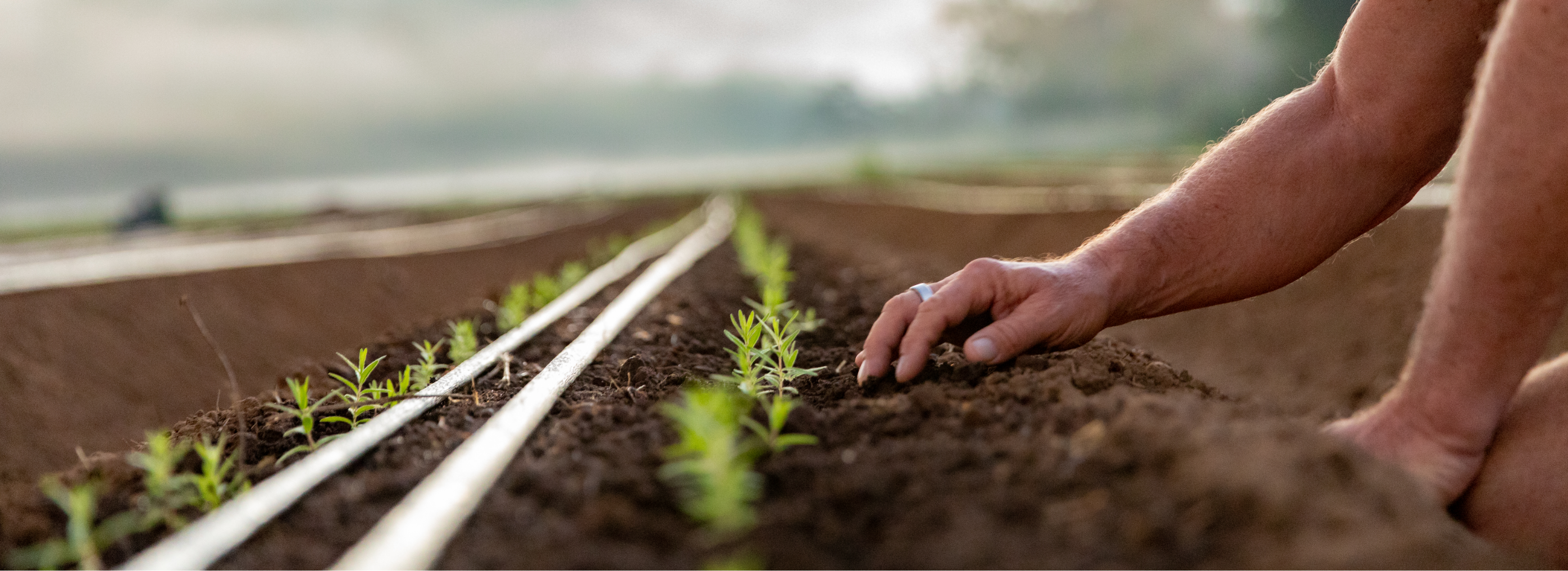
Regenerative agriculture is a farming practice that tends to the soil-food web. It recognizes a fundamental truth: that the health of the entire terrestrial food chain is dependent on healthy soil.
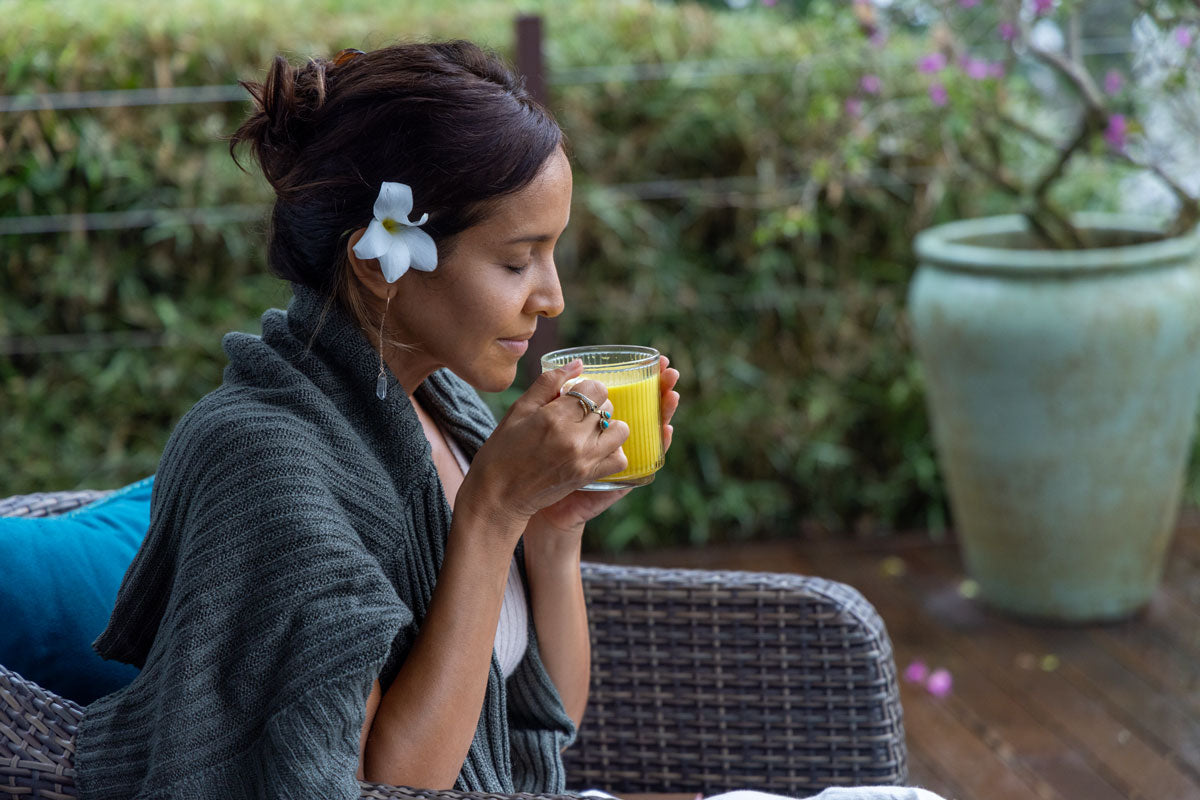
We can take control over our health and balance the four pillars of unrest in our bodies (Dampness, Stagnation, Inflammation, and Elimination) simply by eating foods and building routines that conn...

